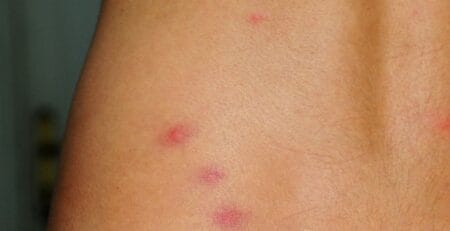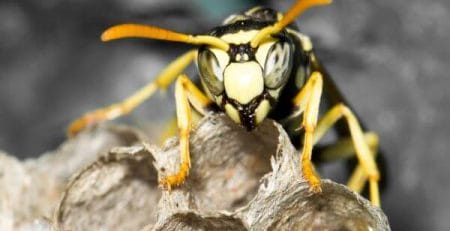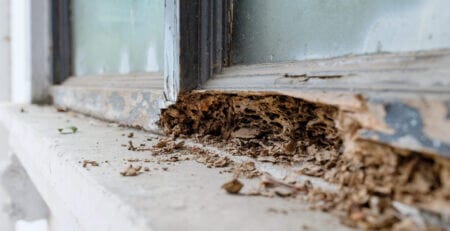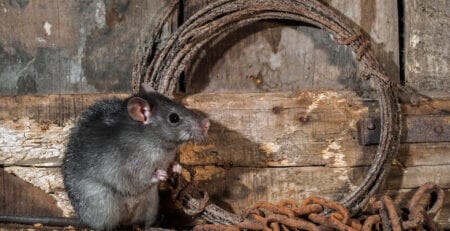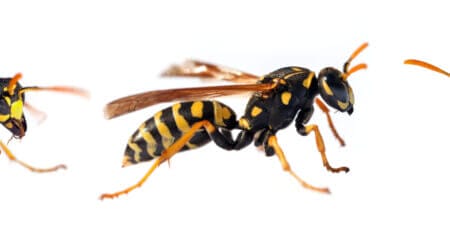Mouse Control 101: Understanding the Need for Effective Mouse Control
Mouse infestations can pose significant risks to homes and businesses, including property damage, health hazards, and potential contamination. Understanding the need for effective mouse control is essential for maintaining a safe and healthy environment. In this comprehensive guide, Pest Control Direct provides valuable insights into the importance of mouse control and offers practical tips for effectively managing mouse infestations.
The Dangers of Mouse Infestations
Mouse infestations can have various detrimental effects on homes and businesses. Some key dangers include:
- Property Damage: Mice have a gnawing instinct that can lead to extensive damage to structures, furniture, electrical wiring, and insulation. Their constant chewing can compromise the integrity of buildings and pose fire hazards.
- Health Risks: Mice are carriers of numerous diseases, including salmonellosis, hantavirus, and leptospirosis. Their droppings, urine, and saliva can contaminate surfaces and food, leading to health hazards for humans.
- Food Contamination: Mice are notorious for infiltrating food storage areas, contaminating food with their droppings, urine, and hair. Consuming contaminated food can lead to foodborne illnesses and infections.
- Allergies and Asthma: The presence of mice and their allergens, such as urine and dander, can trigger allergies and exacerbate respiratory conditions like asthma, particularly in individuals with sensitivities.
- Reputation and Business Impact: For businesses, a mouse infestation can damage reputation and customer trust. It can also result in financial losses due to product recalls, fines, and potential closure by health authorities.
Identifying Mouse Infestations
Detecting a mouse infestation early is crucial for effective control. Look for the following signs:
- Mouse Droppings: Small, dark droppings resembling grains of rice are a common indication of mouse activity.
- Gnaw Marks: Check for gnaw marks on furniture, walls, electrical wires, and other surfaces.
- Tracks and Smudges: Look for footprints, tail marks, and greasy smudges along walls, baseboards, or other frequently travelled areas.
- Nesting Materials: Mice construct nests using materials such as shredded paper, fabric, or insulation. Discovering nests in hidden areas may indicate an infestation.
- Strange Noises: Pay attention to scratching or scurrying sounds, particularly at night when mice are most active.
- Sightings: Spotting live mice or encountering dead mice confirms their presence.
Effective Mouse Control Strategies
To effectively manage mouse infestations, consider the following control strategies:
- Seal Entry Points: Identify and seal any gaps, cracks, or openings that mice could use to enter your property. Pay close attention to areas around doors, windows, utility openings, and foundations.
- Proper Sanitation: Maintain a clean and hygienic environment by eliminating food and water sources. Store food in airtight containers, promptly clean up spills, and ensure proper waste management.
- Traps and Baits: Utilize mouse traps and baits strategically placed in areas of high mouse activity. Choose the appropriate traps and baits based on the severity of the infestation and the presence of children or pets.
- Professional Pest Control: For severe or persistent infestations, it is advisable to seek professional pest control services. Experienced technicians can assess the situation, develop a customized control plan, and implement effective measures to eliminate mice from your property.
Preventive Measures
Preventing mouse infestations is as important as addressing existing problems. Implement these preventive measures:
- Regular Inspections: Conduct routine inspections to identify and address potential entry points or signs of mouse activity.
- Exterior Maintenance: Trim overgrown vegetation, remove debris, and seal cracks in the exterior of your property to discourage mice from finding shelter.
- Secure Waste and Food Storage: Store garbage in tightly sealed bins, and keep food storage areas clean and well-organized to prevent easy access for mice.
- Educate and Train: Educate family members, employees, or tenants about the importance of proper sanitation, mouse awareness, and reporting any signs of infestation promptly.
Conclusion
Effective mouse control is crucial for maintaining a safe and healthy environment in homes and businesses. Understanding the dangers of mouse infestations, identifying signs of their presence, and implementing appropriate control strategies are key steps in managing mouse problems. By employing preventive measures and seeking professional assistance when necessary, you can effectively control mouse infestations, minimize risks, and ensure the well-being of occupants and the integrity of your property.



